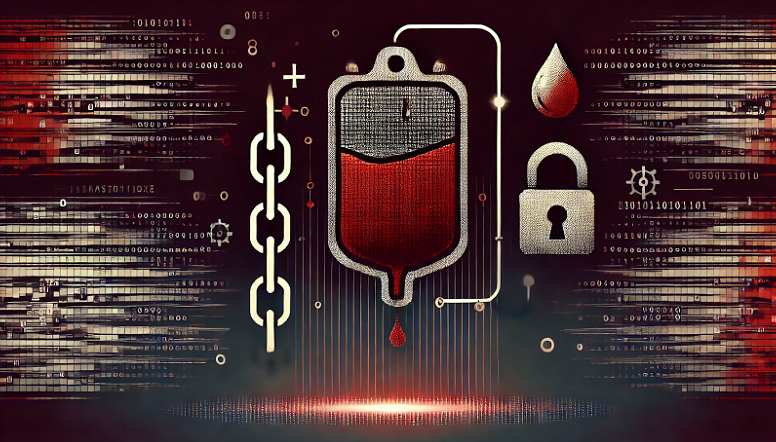Ransomware Attack on OneBlood Causes Blood Shortage

A ransomware attack on OneBlood, a prominent nonprofit blood donation organization, has disrupted blood supplies to over 300 hospitals across the southeastern United States. The cyberattack, which was first reported by CNN, has forced OneBlood to revert to manual processes, significantly slowing down operations and leading to critical blood shortages in the affected regions.
OneBlood serves hospitals in Alabama, Florida, Georgia, and the Carolinas, and provides a vital supply of blood and platelets necessary for medical procedures. The attack has put hospitals in these states on high alert, prompting them to activate critical blood shortage protocols. Hospitals are now scrambling to find alternative blood sources, and some have had to delay elective surgeries, as reported by Axios.
“We have implemented manual processes and procedures to remain operational. Manual processes take significantly longer to perform and impact inventory availability,” said Susan Forbes, OneBlood’s senior vice president of corporate communications, in a statement. This has resulted in a severe bottleneck, with blood products being labeled and processed manually, a task usually handled by automated systems.
OneBlood is working closely with cybersecurity specialists and law enforcement as part of a comprehensive response to the attack. While the nonprofit continues to collect, test, and distribute blood, it is operating at a “significantly reduced capacity,” making it difficult to meet hospitals' urgent demands.
The attack on OneBlood is part of a larger trend of ransomware attacks targeting healthcare organizations. Sean Deuby, principal technologist at cybersecurity firm Semperis Ltd., pointed out to SiliconANGLE that healthcare providers are attractive targets for cybercriminals because they deal with life-and-death situations and are more likely to pay ransoms quickly.
Ransomware attacks on healthcare systems have been on the rise — one example being the substantial theft of data from Change Healthcare earlier this year. The OneBlood incident goes to show the pressing need for stronger cybersecurity measures within the healthcare sector, which often struggles with budget constraints and outdated systems.
In response to the attack, the AABB Disaster Task Force has begun organizing efforts to send additional blood and platelets to OneBlood to alleviate the shortages. However, with demand still high, hospitals continue to seek support from local communities and other blood donation organizations.



Please, comment on how to improve this article. Your feedback matters!